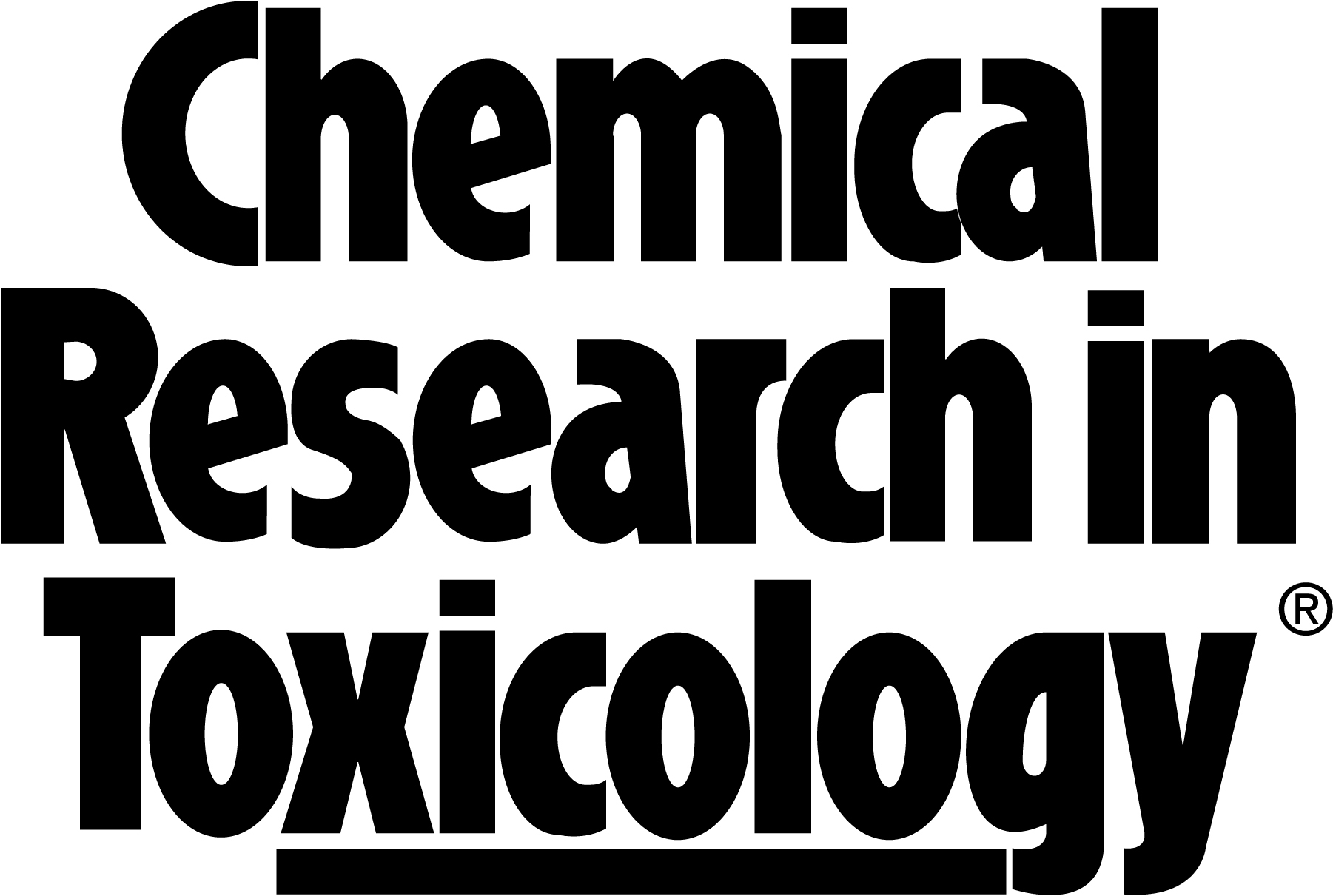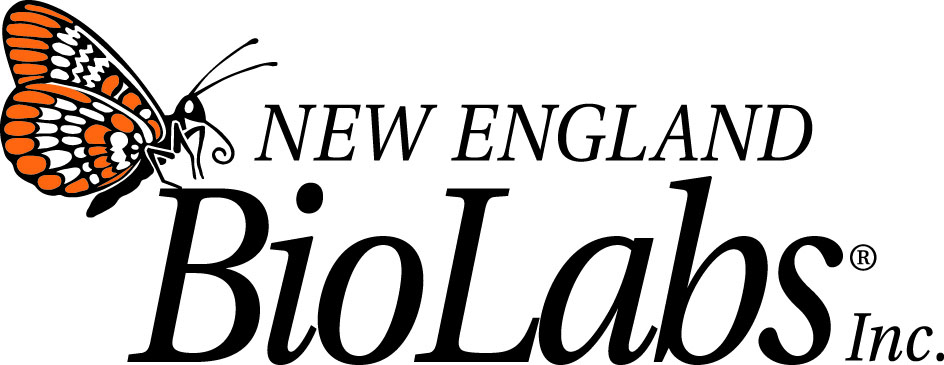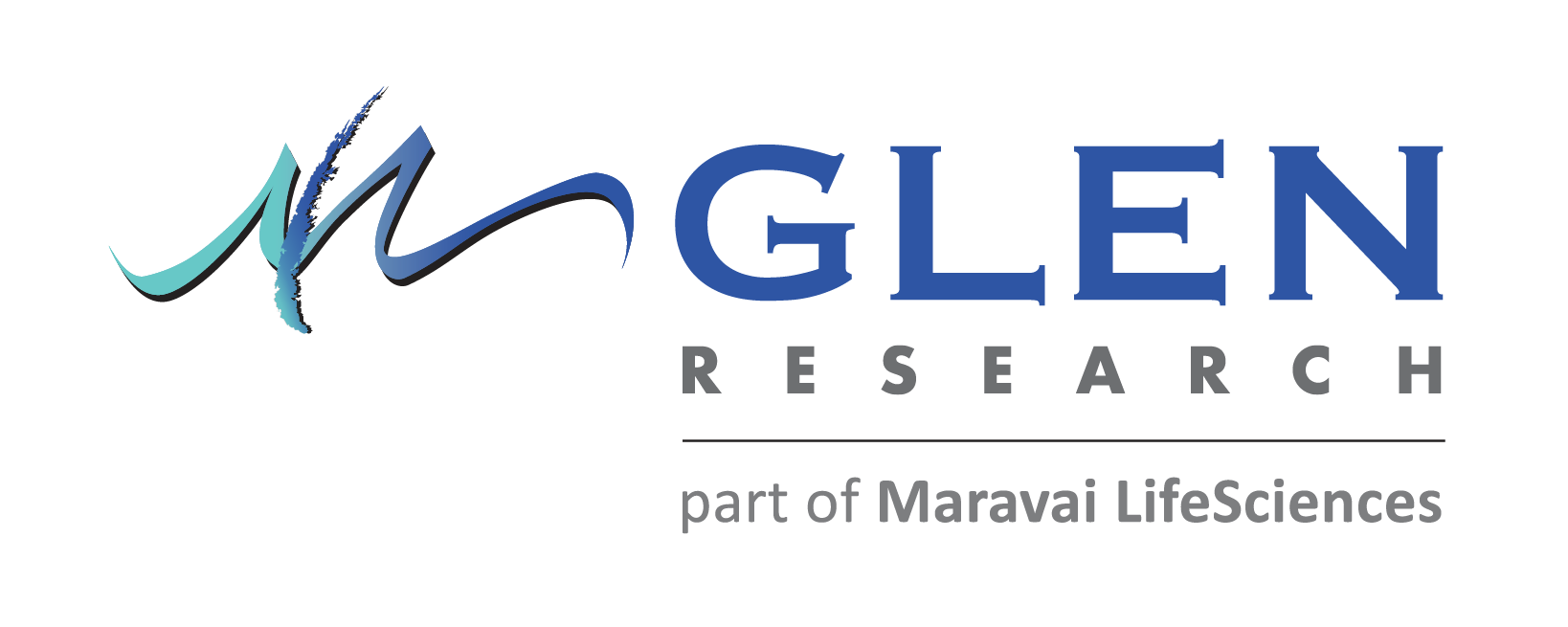Topics: This workshop will explore the frontiers of nucleic acid chemistry in its broadest sense. Topics will include chemical modification of DNA and RNA, catalysis mediated by nucleic acids, mechanisms of enzymes acting upon nucleic acids, design of nucleic acid analogs for biomedical or bioanalytical applications, and supramolecular assemblies of nucleic acids for sensors or computing. Presentations will further explore chemical approaches used to study aspects of cellular nucleic acid transactions such as DNA replication, repair and transcription, RNA splicing and translation, epigenetics or genome engineering as well as the mechanisms of drugs targeting DNA or RNA. Participants will be chosen to represent not only a broad selection of topics, but also a selection of expertise ranging from analytical, physical and theoretical chemistry to organic, inorganic and biological chemistry. Invited participants will be at various stages of their academic (or industrial) careers, and hail from a broad geographical cross-section of North America, Europe, Asia or elsewhere. Special efforts will be made to include junior faculty and underrepresented populations.
Format: Each participant will give a 30-minute presentation with 15 additional minutes for discussion, with M-F sessions to be held at the whim of Mother Nature, reserving the more clement periods for informal discussions on the mountainsides. The schedule will be kept flexible; no proceedings will be published. Participants will be expected to attend for the entire week.
The registration fee includes breakfast on each workshop day. There is also a catered picnic on Wednesday night.
We wish to ensure an intimate workshop setting, with no more than 20 to 25 participants. If you are interested in attending, but have not received an invitation, please contact the workshop organizer before registering.
TSRC is about expanding the frontiers of science, exploring new ideas, and building collaborations. The workshop schedule will allow for substantial unstructured time for participants to talk and think. All participants are expected to stay for the entire duration of the workshop.
Scientists are encouraged to consider bringing family or friends. Telluride offers a number of options for children's camps (including Telluride Academy, Ah Haa School for the Arts, and Pinhead Institute). There is more information on childcare, camps, and family activities on TSRC's website at https://www.telluridescience.org/travel/families. Please contact Cindy Fusting at cindy@telluridescience.org for more information.







Telluride Intermediate School
725 West Colorado Ave
Telluride CO 81435
| Participant | Organization | ||||
| Beal, Peter | University of California, Davis | ||||
| Berglund, Andy | University at Albany | ||||
| Bevilacqua, Philip | Pennsylvania State University | ||||
| Burrows, Cynthia | University of Utah | ||||
| Cate, Jamie | University of California, Berkeley | ||||
| David, Sheila | UC Davis | ||||
| DeRose, Victoria | University of Oregon | ||||
| Eichman, Brandt | Vanderbilt University | ||||
| Gates, Kent | University of Missouri | ||||
| Greenberg, Marc | Johns Hopkins University | ||||
| Hammond, Ming | University of Utah | ||||
| Hedglin, Mark | The Pennsylvania State University | ||||
| Kleiner, Ralph | Princeton University | ||||
| Koutmou, Kristin | University of Michigan | ||||
| Luedtke, Nathan | McGill University | ||||
| McKeague, Maureen | McGill University | ||||
| Peng, Xiaohua | University of Wisconsin Milwaukee | ||||
| Rokita, Steven | Johns Hopkins University | ||||
| Schärer, Orlando D. | Institute for Basic Science | ||||
| Sczepanski, Jonathan | Texas A&M University | ||||
| Sturla, Shana | ETH Zurich | ||||
| Tretyakova, Natalia | University of Minnesota | ||||
| Villalta, Peter | University of Minnesota | ||||
| Zhang, Qi | University of Wisconsin-Milwaukee | ||||